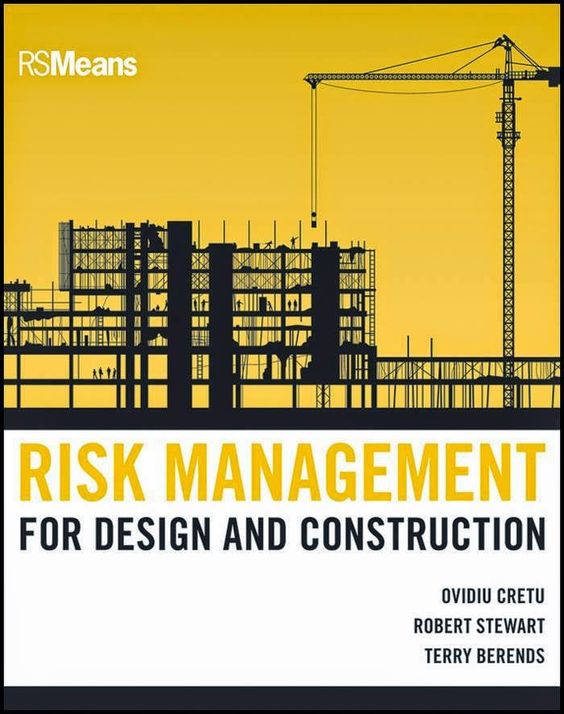Construction risk management is a process that helps to identify, assess, and reduce risks in the construction process. It is an important part of the overall project management process and should be taken into consideration when planning and executing any construction project. Risk management helps to ensure that the project is completed on time and within budget, while minimizing any potential risks.
Identifying Risks
The first step in construction risk management is to identify potential risks. This involves looking at the construction project from all angles and considering any potential risks that could arise. This includes looking at the materials, equipment, and processes that will be used during the project. It is also important to consider any external factors that could affect the project, such as weather, economic conditions, and political factors.
Assessing Risks
Once the potential risks have been identified, they need to be assessed. This involves looking at the likelihood of the risk occurring, the potential impact it could have on the project, and the cost of mitigating the risk. The assessment should also consider any potential benefits that could be gained from the risk.
Reducing Risks
Once the risks have been identified and assessed, it is time to start reducing them. This can be done in a number of ways, such as changing the design of the project, using different materials or equipment, or implementing safety measures. It is important to ensure that any changes made do not increase the risk of the project.
Monitoring Risks
Once the risks have been identified, assessed, and reduced, it is important to monitor them throughout the project. This involves regularly checking the project to ensure that the risks have not changed or increased. It is also important to keep track of any changes in the external environment that could affect the project.
Managing Risks
Once the risks have been identified, assessed, reduced, and monitored, it is time to start managing them. This involves developing a plan to ensure that the risks are managed effectively. This plan should include steps to reduce the risks further, as well as steps to mitigate any potential impacts that could occur if the risk does occur.
Communicating Risks
It is important to ensure that everyone involved in the project is aware of the risks and is aware of the steps that need to be taken to reduce them. This involves communicating the risks to all stakeholders, including the project team, clients, and suppliers.
Reporting Risks
It is important to keep track of the risks throughout the project. This involves regularly reporting on the risks and the steps that have been taken to reduce them. This information should be shared with all stakeholders to ensure that everyone is aware of the risks and is taking the necessary steps to reduce them.
You might find these FREE courses useful
- Construction Management Specialization
- Construction Project Management
- Construction Engineering and Management
- Top Project Management Certification Google Courses
- Google Project Management (DE) Professional Certificate
Reviewing Risks
Finally, it is important to review the risks on a regular basis. This involves looking at the risks that have been identified, assessing them, and taking steps to reduce them. It is also important to review the external environment to ensure that it is not changing in a way that could increase the risk of the project.
